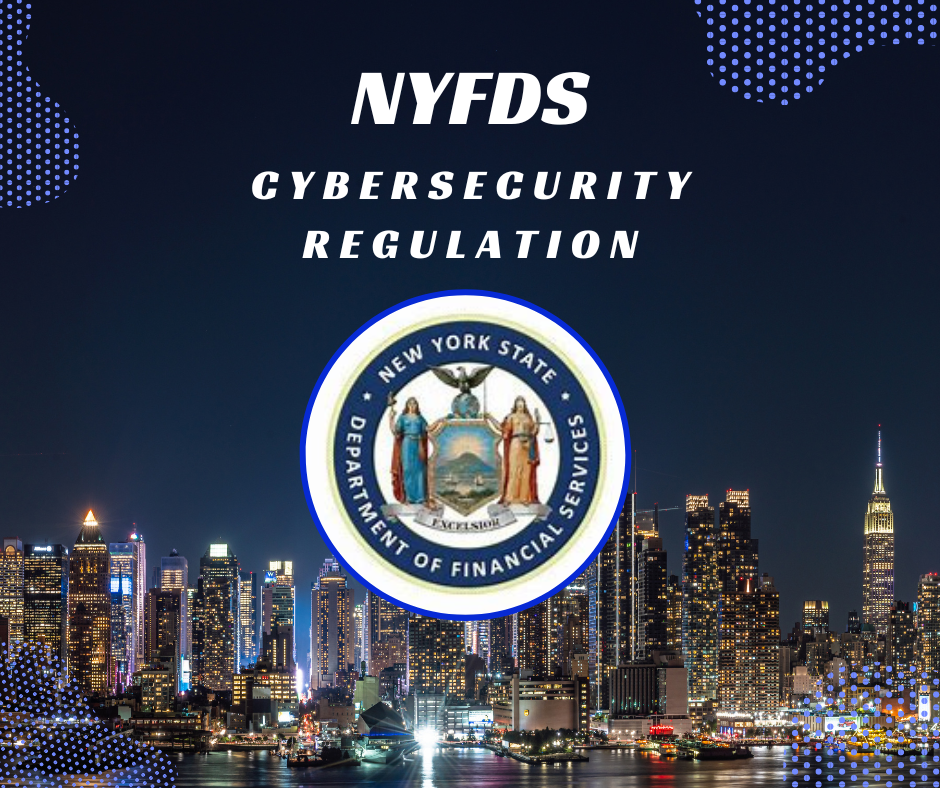NYDFS Cybersecurity Regulation
The NYDFS Cybersecurity Regulation (23 NYCRR 500) is a set of regulations from the New York State Department of Financial Services that places...
The updated counterespionage law in China, which is expected to pass soon, will broaden the definition of espionage and expand the scope of the law to cover all documents, data, materials, or items related to national security and interests. This update will have significant implications for businesses operating in China, particularly in terms of cybersecurity.
The updated law will grant security authorities more power, including the ability to inspect the baggage and electronic devices of those suspected of espionage. This means that businesses operating in China could face greater scrutiny of their electronic devices and data storage, potentially putting sensitive data at risk. Additionally, logistics and telecommunications companies will need to provide technical support to fight espionage, which could potentially lead to businesses' data being accessed by third-party providers.
Furthermore, media organizations will be required to educate the public on the issue of espionage, which could lead to increased public scrutiny and potentially increased cyberattacks aimed at businesses operating in China. As the law's provisions are vague, businesses may find it difficult to determine what activities are considered illegal under the new regulations, putting them at risk of arbitrary enforcement by authorities.
Foreign businesses are particularly worried that the updated law could impact how they and their staff operate in China. The law could potentially be used as justification for Chinese authorities to monitor foreign companies involved in key fields such as artificial intelligence and semiconductors in the name of national security. This could extend to their communications with their headquarters back home, potentially putting sensitive data at risk of cyber espionage.
Moreover, businesses could have their offices searched, potentially exposing trade secrets and intellectual property. The detention of five Chinese employees of U.S. corporate due diligence company Mintz Group and the closure of its Beijing office in March is a clear indication of the risks foreign businesses face in China.
Given the ambiguities of the updated law and the potential risks to businesses operating in China, it is crucial that small to medium-sized businesses take cybersecurity seriously. Businesses should ensure that they have robust cybersecurity policies and procedures in place to protect their sensitive data from cyberattacks and espionage. Additionally, businesses should consider conducting regular cybersecurity assessments to identify potential vulnerabilities and take steps to address them.
In conclusion, the updated counterespionage law in China will have significant implications for businesses operating in China, particularly in terms of cybersecurity. Small to medium-sized businesses should take cybersecurity seriously and implement robust policies and procedures to protect their sensitive data from cyberattacks and espionage. Failure to do so could put businesses at risk of arbitrary enforcement and potentially serious reputational damage.

The NYDFS Cybersecurity Regulation (23 NYCRR 500) is a set of regulations from the New York State Department of Financial Services that places...
In today's digital age, cybersecurity is an essential component of governmental operations. The increasing frequency and sophistication of...

The need for strict cybersecurity measures has increased in the aftermath of persistent cyberattacks on vital infrastructures, such as hospitals. The...